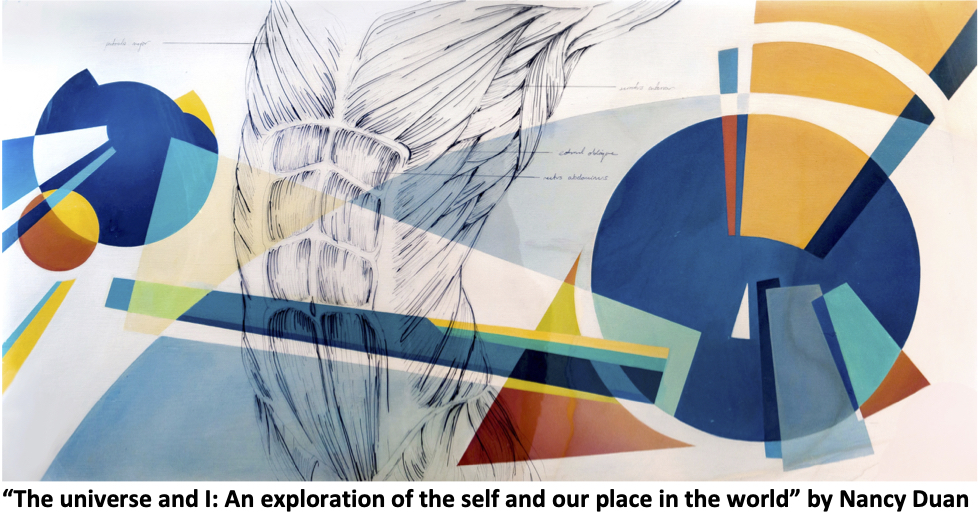Medical students’ personal experiences, religion, and spirituality explain their (dis)comfort with a patient’s religious needs
DOI :
https://doi.org/10.36834/cmej.69217Résumé
Background: Physicians often avoid discussing patients’ religious and spiritual concerns, even though most patients (i.e., 50-94%) want integrated care. To address this gap, medical students interviewed a Standardized Patient (SP) who was upset because the daughter did not confront her fiancée about converting to Orthodox Judaism. Students reflected on how their own religion and spirituality affected engaging with their patient.
Methods: With a 97% response rate, 231 first-year medical students responded to open-ended questions about their patient encounter. For this quantitative content analysis, we used inductive reasoning, identifying three themes: (1) impact of students’ own religion on their comfort, (2) change in comfort, and (3) their learning. We used deductive reasoning to compare qualitative results from half of the students who began the curriculum with a questionnaire about their own spirituality with the other students completing afterwards.
Results: Most students said being religious positively influenced their comfort, whether they were also Orthodox Jewish or from a different religion. Among uncomfortable students (6.5%), some attributed this to not being religious. Some students (4.8%) grew more comfortable discussing the religious issue, and 18.2% became uncomfortable due to lacking knowledge of Orthodox Judaism and the awkwardness of the topic. Students who had completed the questionnaire beforehand gave more comments about connecting with their patients than students who completed the questionnaire afterwards (X2=11.047, p<.001).
Conclusions: Students’ own religion influenced their comfort with discussing religious concerns, with some feeling more connected and others becoming uncomfortable. This finding helps inform medical educators about teaching mind-body-spirit care.
Téléchargements
Publié
Numéro
Rubrique
Licence
La soumission d’un manuscrit original à la revue constitue une indication qu’il s’agit d’un travail original, qu’il n’a jamais été publié et qu’il n’est pas envisagé pour publication dans une autre revue. S’il est accepté, il sera publié en ligne et ne pourra l’être ailleurs sous la même forme, à des fins commerciales, dans quelque langue que ce soit, sans l’accord de l’éditeur.
La publication d’une recherche scientifique a pour but la diffusion de connaissances et, sous un régime sans but lucratif, ne profite financièrement ni à l’éditeur ni à l’auteur.
Les auteurs qui publient dans la Revue canadienne d’éducation médicale acceptent de publier leurs articles sous la licence Creative Commons Paternité - Pas d’utilisation commerciale, Pas de modification 4.0 Canada. Cette licence permet à quiconque de télécharger et de partager l’article à des fins non commerciales, à condition d’en attribuer le crédit aux auteurs. Pour plus de détails sur les droits que les auteurs accordent aux utilisateurs de leur travail, veuillez consulter le résumé de la licence et la licence complète.











